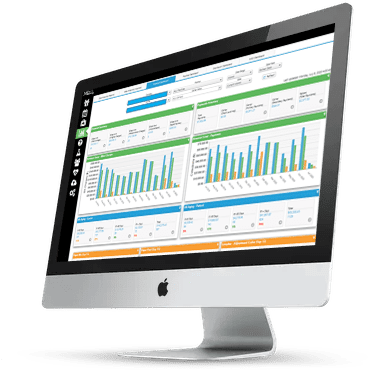HIMSS CEO Hal Wolf talks about the global conference in Chicago and welcomes industry leaders with a goal of solving problems in cybersecurity, health equity and population health.
Questions of health equity, AI/ML, cybersecurity and other topics drew healthcare industry insiders and thought leaders to Chicago for the HIMSS23 Global Health Conference & Exhibition.
Healthcare innovators, industry leaders and our reporters deliver news and views from the show floor on Day 3 of the 2023 HIMSS Global Health Conference & Exhibition in Chicago.
CHICAGO – Interoperability in the post-acute care setting is a challenge, a group of PAC leaders told the Centers for Medicare and Medicaid Services on Thursday during a HIMSS23 listening session on long-term and post-acute care.
CHICAGO – Patient care in the intensive care unit generates huge volumes of complex data. This influx of data can be a lot to handle, overwhelming staff who are trying to aggregate and summarize pertinent information. University of Virginia Health Medical Intensive Care Unit (MICU) providers and data scientists pursued a tool that would help, […]
CHICAGO – Much of remote digital health depends on the Current Procedural Terminology, or the CPT code set, which opened the door to payment for remote patient monitoring and remote therapeutic monitoring.
On Day 2 of the 2023 HIMSS Global Health Conference & Exhibition in Chicago, our roving reporters and thought leaders deliver news and views from the show floor.
CHICAGO – Healthcare these days is being constantly flooded with new digital products and services, and while many are necessary and/or beneficial, they come with the addition of significant risk. Organizations are continuing to increase their cybersecurity budgets, but many organizational leaders are still coming up to speed on how critical it is to achieve […]
CHICAGO – Quantum computing reached a milestone in 2022 when a 400-plus qubit machine was demonstrated at a time when experts were questioning the feasibility of even a 100 qubit system. The question is no longer whether quantum computing will speed up applications in the world of healthcare – it’s now a matter of when.

